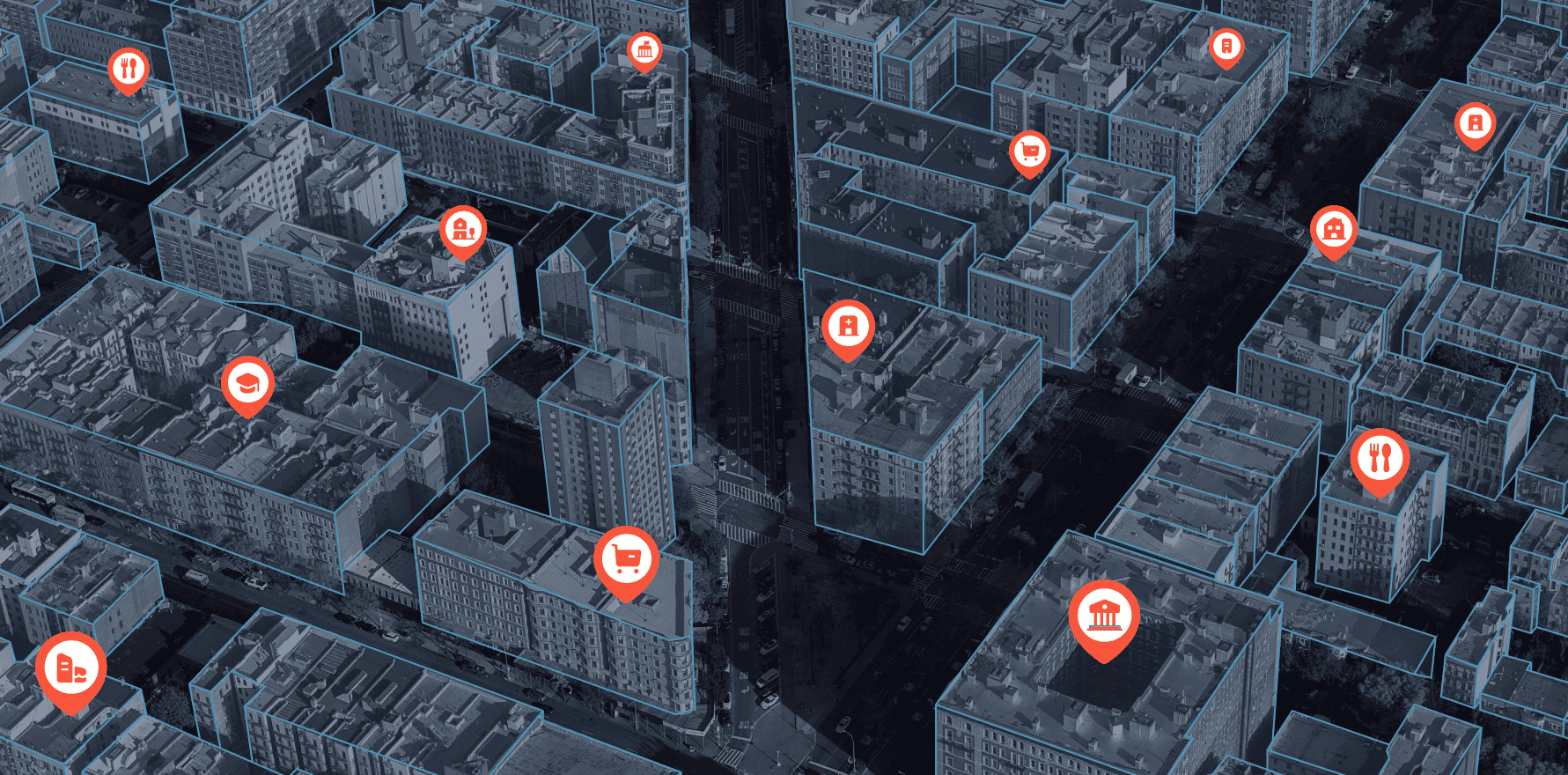In this generation, understanding the power of data is crucial for businesses and organizations. One of the most impactful types of data is location data, which, when analyzed and utilized effectively, forms the basis of location intelligence.
This detailed guide will explore location intelligence, its definition, meaning, and key applications across various industries.
Whether you’re a data scientist, business strategist, or simply curious about data trends, this comprehensive guide will provide valuable insights.
What is Location Intelligence Data?
Location intelligence Data derives meaningful insights from location data to solve complex problems and make informed decisions.
It involves analyzing geographic data from various sources, such as GPS devices, mobile phones, and IoT sensors, to understand spatial patterns and relationships.
These insights can be used for optimizing operations, improving customer experiences, and enhancing strategic planning across various industries.
Importance of Location Intelligence Data
a) Enhanced Decision-Making
Location intelligence Data empowers organizations to make better decisions by providing a geographic context to data.For example, retailers can determine the best locations for new stores, logistics companies can optimize delivery routes, and governments can more effectively plan infrastructure projects.
b) Improved Customer Experience
By leveraging location data, businesses can offer personalized experiences to customers. For instance, location-based marketing allows companies to send targeted promotions to customers based on their real-time location, enhancing customer engagement and satisfaction.
c) Operational Efficiency
Location intelligence Data helps organizations streamline their operations. For example, in the transportation sector, route optimization based on real-time traffic data can reduce fuel consumption and delivery times, leading to cost savings and improved efficiency.
Location Intelligence Applications Across Industries
Location intelligence is no longer a niche capability but a critical foundation for business strategy across sectors. Our cross-industry analysis demonstrates how multi-dimensional location data drives measurable outcomes in diverse business contexts.
1) Retail Intelligence Beyond Foot Traffic
Traditional foot traffic analysis captures only a fraction of retail opportunity. Factori’s retail intelligence platform combines mobility data with behavioral insights to transform retail strategy:
- Site Selection Optimization: Identify optimal locations based on 120+ factors including competitive dynamics, consumer behavioral patterns, and projected revenue potential
- Performance Benchmarking: Compare location performance against true potential rather than historical averages
- Customer Journey Mapping: Understand the complete path to purchase including digital touchpoints, competitor visits, and post-purchase behavior
- Merchandising Effectiveness: Measure the impact of merchandising strategies on dwell time, conversion rates, and basket size
- Operational Efficiency: Optimize staffing and operations based on predictive traffic patterns and service requirements
Note: Check here for 5 Reasons to use Location Intelligence in RetailÂ
2) Transforming Financial Services with Location-Based Insights
Financial institutions face unique challenges in optimizing their physical footprints while expanding digital services. Our work with leading banks and financial service providers demonstrates how location intelligence drives strategic advantage:
- Branch Network Optimization: Precisely map customer journeys to optimize branch locations, formats, and service offerings
- ATM Placement Strategy: Identify optimal ATM locations based on traffic patterns, security considerations, and competitive positioning
- Risk Assessment: Enhance underwriting models with location-based behavioral indicators
- Customer Segmentation: Develop more nuanced customer profiles based on physical world behaviors
- Marketing Effectiveness: Target high-potential customers based on location-based lifestyle indicators
3) Elevating Real Estate Decision Making
Real estate professionals have long relied on location data, but traditional approaches often miss critical nuances. Factori’s advanced location intelligence platform provides deeper insights:
- Investment Opportunity Identification: Discover emerging neighborhoods and property opportunities before they become obvious
- Valuation Enhancement: Incorporate mobility patterns and behavioral data into property valuation models
- Development Planning: Optimize development strategies based on detailed understanding of area dynamics and future trends
- Tenant Mix Optimization: Identify complementary businesses based on customer journey patterns and brand affinities
- Competitive Intelligence: Understand competitive dynamics and market saturation with unparalleled precision
The Future of Location Intelligence: What’s Next
As location intelligence continues to evolve, several emerging trends will shape its future development and application:
1. Ethical AI and Privacy-Preserving Analytics
The future of location intelligence will be defined by techniques that deliver powerful insights while enhancing privacy protection. Factori is pioneering approaches including:
- Differential Privacy: Statistical techniques that provide aggregate insights without exposing individual data points
- Federated Learning: AI models that learn from decentralized data without centralized storage
- Purpose-Driven Data Minimization: Collecting only the data necessary for specific business purposes
2. Convergence of Physical and Digital Intelligence
As the boundaries between physical and digital experiences blur, location intelligence is evolving to incorporate both dimensions:
- Omnichannel Journey Mapping: Connecting online behavior with physical world movement patterns
- Cross-Device Attribution: Understanding how mobile, desktop, and in-store experiences interconnect
- Predictive Behavior Modeling: Anticipating physical world behaviors based on digital signals
3. Environmental and Sustainability Applications
Location intelligence is increasingly being applied to address environmental challenges:
- Carbon Footprint Analysis: Measuring and optimizing movement patterns to reduce emissions
- Sustainable Development Planning: Using location data to design more efficient cities and transportation systems
- Climate Risk Assessment: Incorporating location intelligence into climate vulnerability models
Conclusion: The Competitive Advantage of Superior Location Intelligence
In an increasingly complex business environment, the ability to extract actionable insights from location data has become a critical differentiator. Organizations that harness multi-dimensional location intelligence gain a significant competitive advantage:
- Strategic Decision Making: 34% higher ROI on location-based investments
- Operational Efficiency: 23% reduction in unnecessary resource deployment
- Customer Experience: 19% improvement in customer satisfaction through location-optimized services
- Innovation Capability: 2.7x faster identification of emerging market opportunities
As the world’s most trusted source of location intelligence data, Factori is committed to powering the real-world decisions that shape tomorrow’s businesses. Our vision is to deliver precise, actionable location intelligence that empowers organizations to unlock growth opportunities and transform their decision-making capabilities.
The future belongs to organizations that can harness location intelligence to see patterns others miss, anticipate changes before they occur, and make decisions with unprecedented confidence. The question is no longer whether location intelligence matters, but whether your organization is leveraging it to its full potential.




